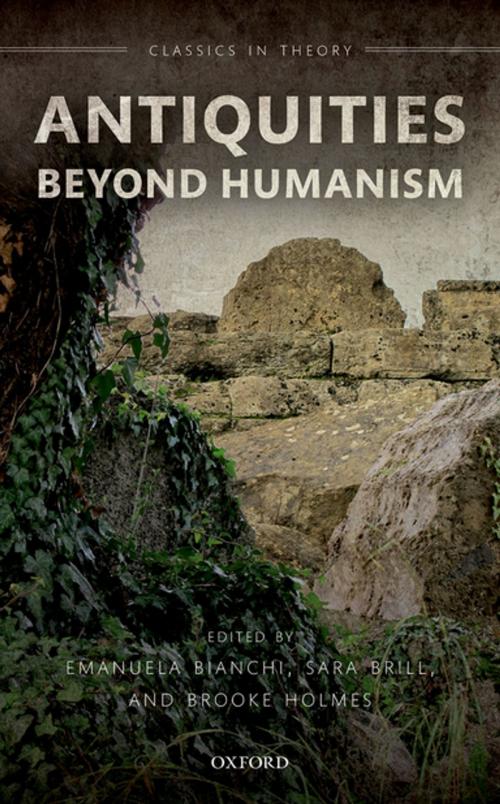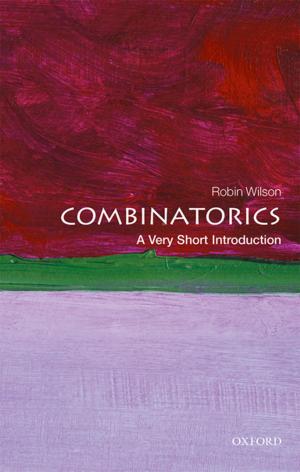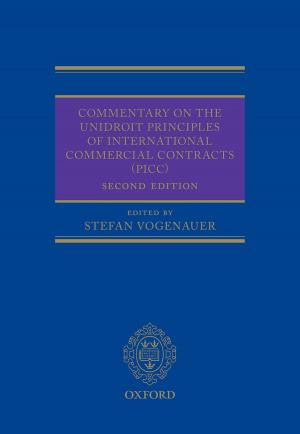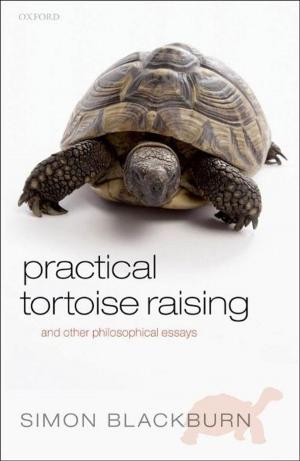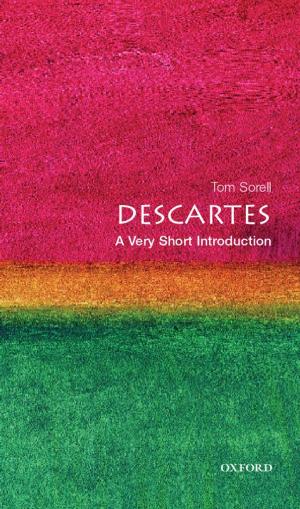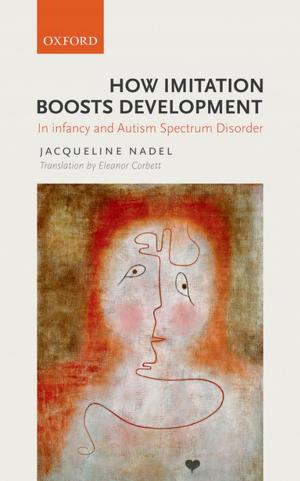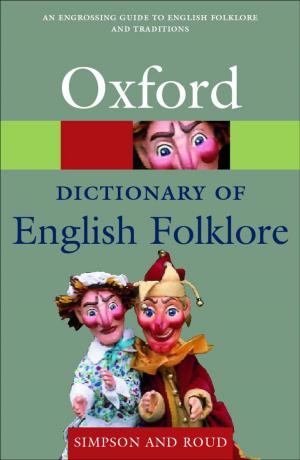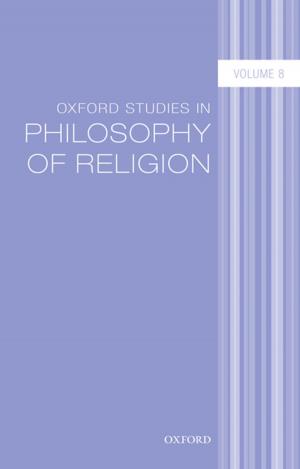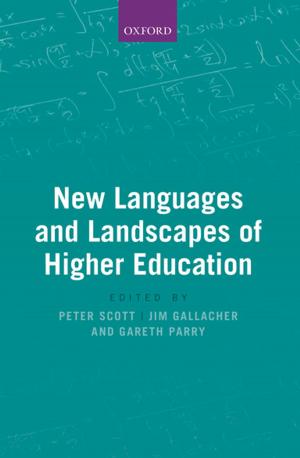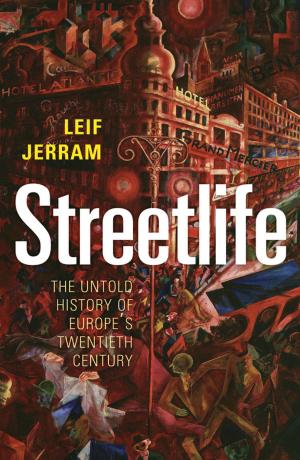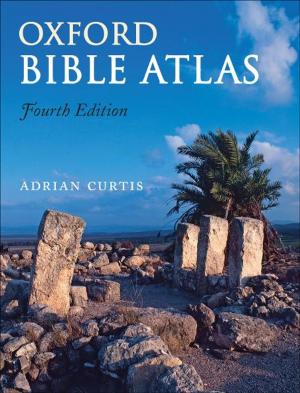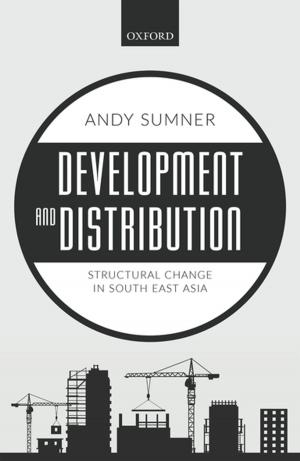Antiquities Beyond Humanism
Fiction & Literature, Literary Theory & Criticism, Ancient & Classical, Nonfiction, Religion & Spirituality, Philosophy| Author: | ISBN: | 9780192528223 | |
| Publisher: | OUP Oxford | Publication: | March 21, 2019 |
| Imprint: | OUP Oxford | Language: | English |
| Author: | |
| ISBN: | 9780192528223 |
| Publisher: | OUP Oxford |
| Publication: | March 21, 2019 |
| Imprint: | OUP Oxford |
| Language: | English |
Greco-Roman antiquity is often presumed to provide the very paradigm of Western humanist thinking - a paradigm that is increasingly becoming dislodged by new theoretical currents in the humanities such as posthumanism and the "new materialisms", which point toward entities, forces, and systems that pass through and beyond the human, and which remove it from its primacy as the measure of things. Antiquities Beyond Humanism seeks to explode this presumed dichotomy between the ancient tradition and the modern "turn": fourteen original essays explore instead the myriad ways in which Greek and Roman philosophy and literature can be understood as foregrounding the non-human rather than simply reflecting the ideals of classical humanism. Greek philosophy is filled, after all, with metaphysical explanations of the cosmos grounded in observations of the natural world, and while the ethical tradition addresses the question of how humans should live, this is inevitably linked to investigations of plant life and animal life - indeed, even stone life - as well as the arts (political, medical, rhetorical, ethical) that are fundamental to human life, and the ontological status of living and non-living beings. By casting the non-human or more-than-human in a new light in relation to contemporary concerns with questions of gender, the environment, and networks of communication, the volume demonstrates that encounters with ancient texts, experienced through this lens as both familiar and strange, can forge new understandings of life, whether understood as zoological, psychical, ethical, juridical, political, theological, or cosmic.
Greco-Roman antiquity is often presumed to provide the very paradigm of Western humanist thinking - a paradigm that is increasingly becoming dislodged by new theoretical currents in the humanities such as posthumanism and the "new materialisms", which point toward entities, forces, and systems that pass through and beyond the human, and which remove it from its primacy as the measure of things. Antiquities Beyond Humanism seeks to explode this presumed dichotomy between the ancient tradition and the modern "turn": fourteen original essays explore instead the myriad ways in which Greek and Roman philosophy and literature can be understood as foregrounding the non-human rather than simply reflecting the ideals of classical humanism. Greek philosophy is filled, after all, with metaphysical explanations of the cosmos grounded in observations of the natural world, and while the ethical tradition addresses the question of how humans should live, this is inevitably linked to investigations of plant life and animal life - indeed, even stone life - as well as the arts (political, medical, rhetorical, ethical) that are fundamental to human life, and the ontological status of living and non-living beings. By casting the non-human or more-than-human in a new light in relation to contemporary concerns with questions of gender, the environment, and networks of communication, the volume demonstrates that encounters with ancient texts, experienced through this lens as both familiar and strange, can forge new understandings of life, whether understood as zoological, psychical, ethical, juridical, political, theological, or cosmic.
